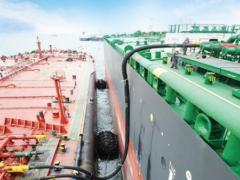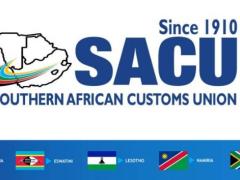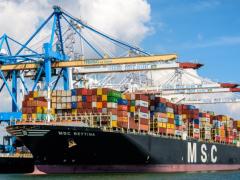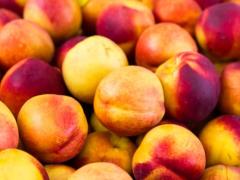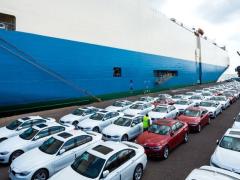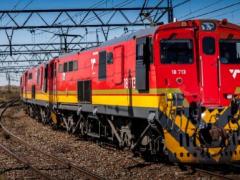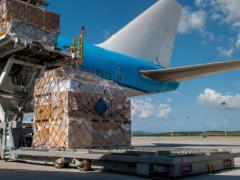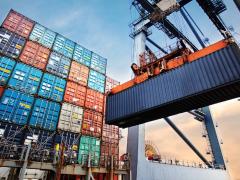Botswana is experiencing a sharp rise in export activity, with cargo volumes through the Port of Walvis Bay increasing by 40% during the 2024/25 period, driven largely by the country’s copper mining and fuel sectors. According to Mbahupu H. Tjivikua, CEO of the Walvis Bay Corridor Group (WBCG), the surge is due to growing exports of bulk copper concentrates, particularly to markets in the Far East. “From the beginning of April to date, we have handled six vessel calls for copper exports, with an additional three vessel calls and cargo throughput. These are clear indicators of the port’s growing role in regional trade,” he told Freight News. The WBCG is aligning its business development strategy with the new mining developments in Botswana, not only around copper but also iron ore and high-purity manganese. The iron ore project is located in the North West district near the Namibian border, while the manganese project lies within the Kanye Basin in the south-east. “These developments open up new avenues to enhance trade flows through the Walvis Bay corridor,” said Tjivikua. Botswana is rapidly emerging as a leader in the global mining industry, driven by strategic efforts to diversify beyond traditional diamond mining. Key target minerals now include copper, manganese, lithium, iron and aluminium – creating new demand for integrated, reliable transport solutions. This shift positions the WBCG and the Namibian Ports Authority (Namport) to forge stronger partnerships with mines, commodity traders, transporters, shipping lines and freight forwarders. “Through collaboration across the value chain, we aim to deliver competitive logistics solutions via the Trans Kalahari Corridor,” said Tjivikua. “We are well positioned to support safe, efficient and reliable trade connectivity across Botswana, Zimbabwe, South Africa and the broader SADC region.” The general outlook for Botswana remains highly positive. “As the WBCG, we remain committed to strengthening our stakeholder relationships within various industries in Botswana, with a focus on providing competitive supply chain solutions,” said Tjivikua. He added that while mining remained a core sector, the organisation was also exploring new opportunities in agriculture, manufacturing and energy. “Through our continuous engagement with the mining industry, we are unlocking greater value and, as a result, driving increased trade through the Port of Walvis Bay. “This positions Namibia as a strategic gateway for Botswana’s access to and from international markets.” LV
Export volumes surge as WB corridor grows
Comments | 0



